Runner 1907–1908
UK-born, Chicago-based artist Philip Hartigan has posted a brief video piece about Franz Kafka’s drawings. Kafka, of course, wrote a body of work, mostly never published during his lifetime, that captured the absurdity and the loneliness of the newly emerging modern world: In The Metamorphosis, Gregor transforms overnight into a giant cockroach; in The Trial, Josef K. is charged with an undefined crime by a maddeningly inaccessible court. In story after story, Kafka showed his protagonists getting crushed between the pincers of a faceless bureaucratic authority on the one hand and a deep sense of shame and guilt on the other.
On his deathbed, the famously tortured writer implored his friend Max Brod to burn his unpublished work. Brod ignored his friend’s plea and instead published them – novels, short stories and even his diaries. In those diaries, Kafka doodled incessantly – stark, graphic drawings infused with the same angst as his writing. In fact, many of these drawings have ended up gracing the covers of Kafka’s books.
“Quick, minimal movements that convey the typical despairing mood of his fiction” says Hartigan of Kafka’s art. “I am struck by how these simple gestures, these zigzags of the wrist, contain an economy of mark making that even the most experienced artist can learn something from.”
In his book Conversations with Kafka, Gustav Janouch describes what happened when he came upon Kafka in mid-doodle: the writer immediately ripped the drawing into little pieces rather than have it be seen by anyone. After this happened a couple times, Kafka relented and let him see his work. Janouch was astonished. “You really didn’t need to hide them from me,” he complained. “They’re perfectly harmless sketches.”
“Kafka slowly wagged his head to and fro – ‘Oh no! They are not as harmless as they look. These drawing are the remains of an old, deep-rooted passion. That’s why I tried to hide them from you…. It’s not on the paper. The passion is in me. I always wanted to be able to draw. I wanted to see, and to hold fast to what was seen. That was my passion.”
Check out some of Kafka’s drawings below:
Horse and Rider 1909–1910
Three Runners 1912–1913
The Thinker 1913
Fencing 1917
via ArtsCentre
Related Content:
Find Works by Kafka in our Free eBooks collection
Watch Franz Kafka, the Wonderful Animated Film by Piotr Dumala
The Art of William Faulkner: Drawings from 1916–1925
Vladimir Nabokov Makes Editorial Tweaks to Franz Kafka’s Novella
Vladimir Nabokov’s Delightful Butterfly Drawings
Jonathan Crow is a Los Angeles-based writer and filmmaker whose work has appeared in Yahoo!, The Hollywood Reporter, and other publications. You can follow him at @jonccrow.
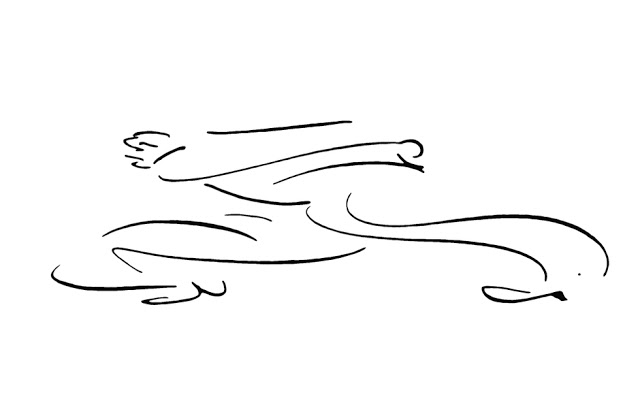
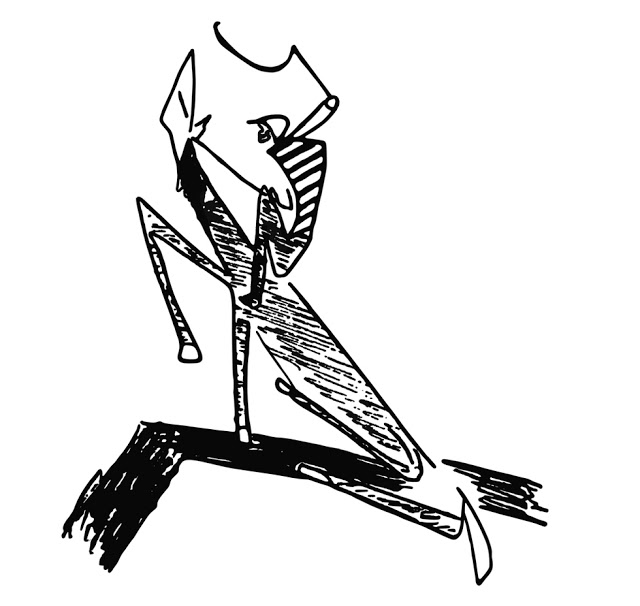
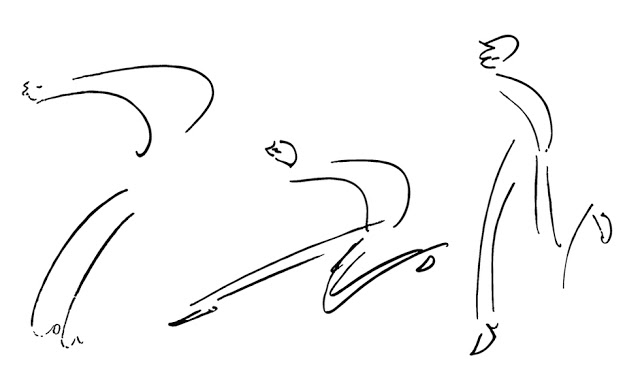
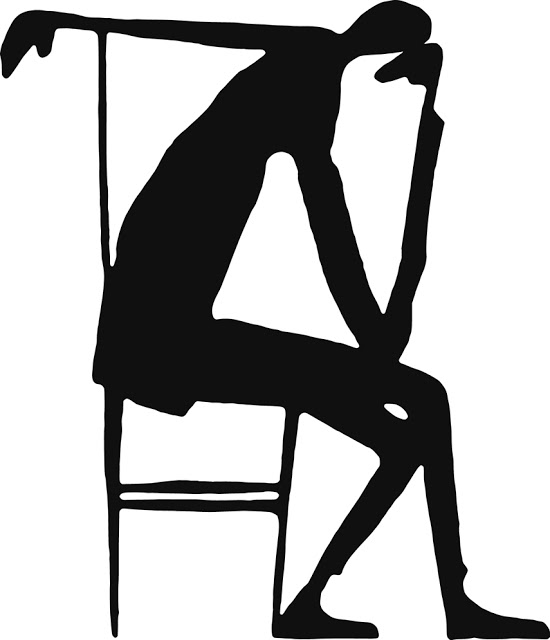
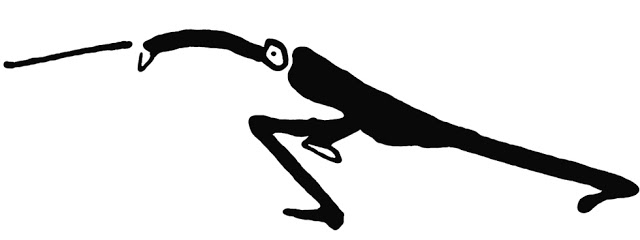


The marriage of text and drawing is indeed powerful
Dung Beetle not a cockroach
Too bad many of the links are no longer live or lead to private pages… the link to artist Philip Hartigan’s video piece is private… sad to read an article and get excites only to find dead links… why share this without updating??
Even your own link to Philip Hartigan comes up ‘not found’.…
sad for a page listed under the tab of education.…
But this is how we educate today’s educators…
Reminds me a lot of Thurber.Odd.